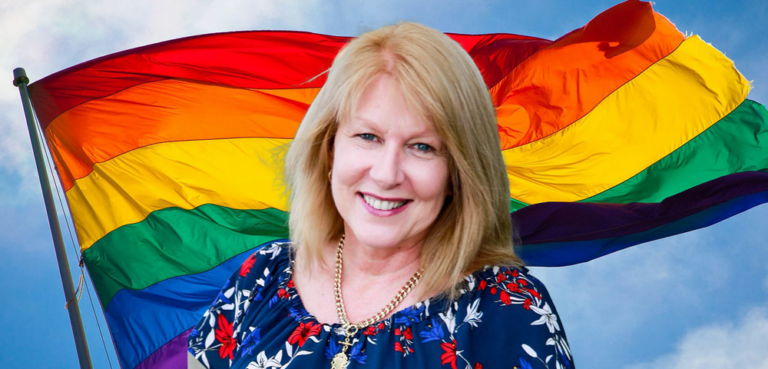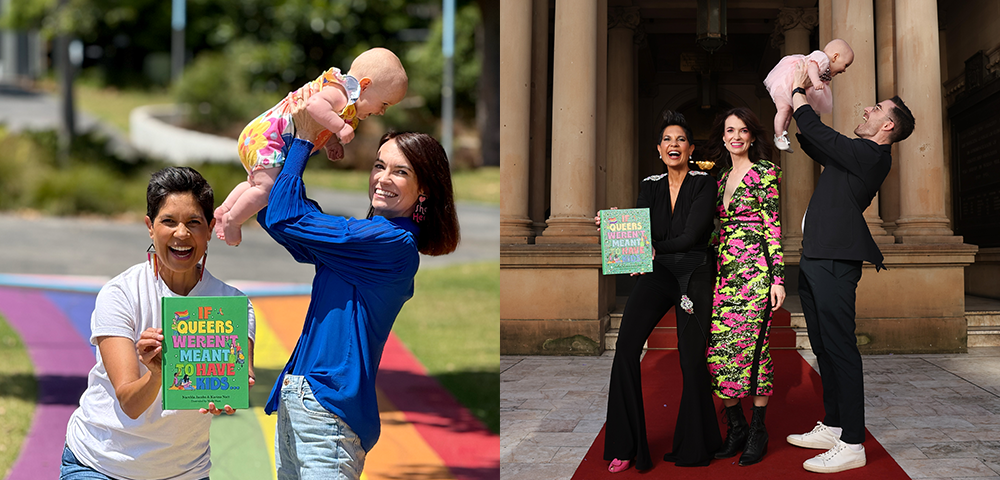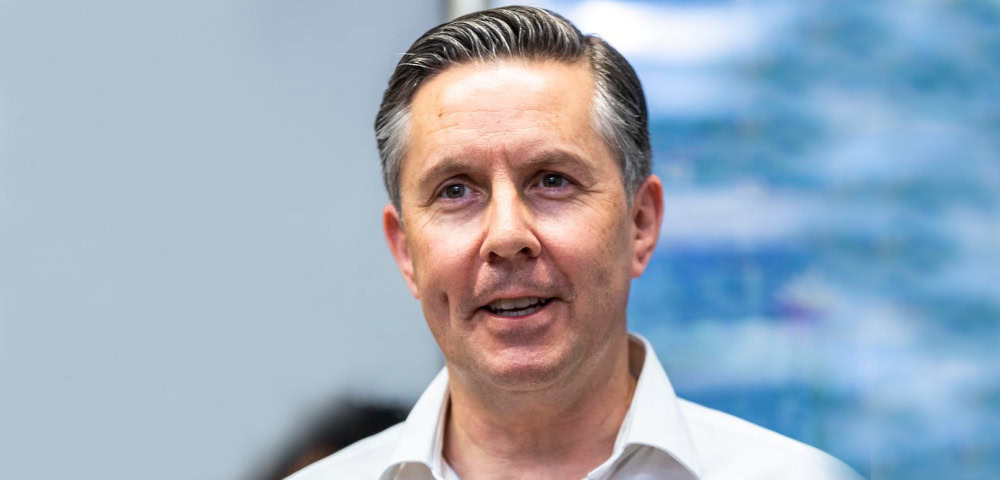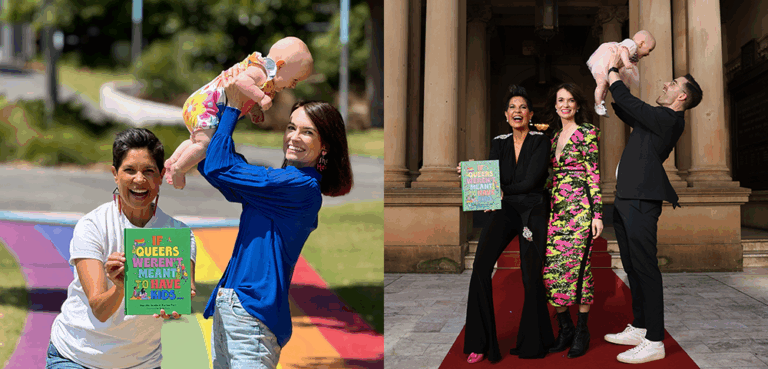
Children Of Same Sex Parents Perform Better Academically
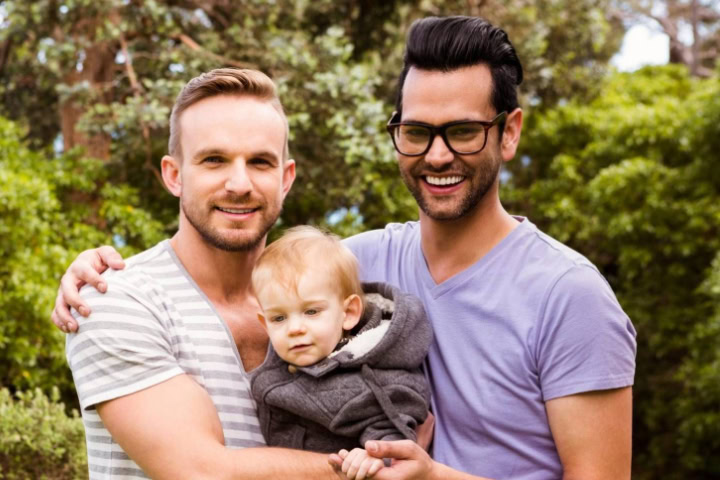
A recent study undertaken by The University of Oxford has revealed children of same sex couples may in fact perform better academically than children of heterosexual couples.
These results of course fly in the face of the types of baseless criticism and bigotry aimed at the apparent negative effects experienced by children in LGBTQI families. Including by the likes of the Australian Christian Lobby, who for a long time have made no qualms about their stance on same sex parenting and LGBTQI rights.
Conducted in the Netherlands, which was the first country in 2001 to legalise same sex marriage, the study included 2,971 children of same-sex parents (2,786 lesbian couples and 185 gay male couples) and over a million children of heterosexual parents. It followed the children from birth through to completion of secondary school.
The study also drew comparison from unique administrative records collected by Statistics Netherlands that cover the entire Dutch population annually from 1995 to 2019.
“Our results indicate that children raised by same-sex parents from birth out perform children raised by different-sex parents on standardised test scores at the end of primary education by about .14 standard deviations,” the summary reads. “By contrast, children who live with same-sex parents at a later date perform worse (albeit not significantly) on the test than children with different-sex parents, likely due to the negative influence of parental separation.”
The study also showed that children raised by same-sex parents from birth continue to out perform children raised by different-sex parents in secondary education, suggesting children raised by same-sex parents from birth are 4.8 percentage points more likely to graduate from high school than children raised by hetrosexualparents.
Led by Deni Mazrekaj, a postdoctoral researcher at the University of Oxford, Mazrekaj recognized a lack of proper data in this area as he explained in an interview with Unilad UK.
“We were aware that the previous literature had major shortcomings: either very low sample sizes or they could study only a single point in time, so they couldn’t properly study children who were raised by same-sex parents over a longer period from birth. And this is important because if a child enters a same-sex family through a divorce for instance, it may bias the results.”
The study also suggested that children with same-sex parents are more likely to have high socioeconomic status (SES) and receive substantial parental investment from highly committed parents.
“Our study shows that socioeconomic status is a major factor. We found that same-sex parents are often wealthier, older and more educated than the typical different-sex couple.” Mazrekaj adds, “Same-sex couples often have to use expensive fertility treatments and adoption procedures to have a child, meaning they tend to have a high level of wealth.
“However, once we controlled for SES, the positive associations reduced, but remained positive. Thus, it is likely that other factors also play a role, for instance these are wanted pregnancies and same-sex parents are also very likely to be highly motivated to become parents given the procedures they have to undergo to have children.”
The sheer scope of this study goes some way to disprove the negative assumptions surrounding the welfare of children in LGBTQI families, and while not going as far, similar studies conducted in the US found there was little difference between children of same-sex or different-sex parents in terms of educational success, meaning that children raised by same-sex parents fare just as well as children raised by heterosexual parents.




